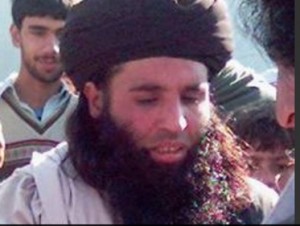 |
|
The 17-time grand slam champion still thinks that players are not tested regularly enough, however, even if the International Tennis Federation (ITF) has taken steps to bolster its stance against doping.
Troicki learned this week that his appeal to the Court of Arbitration for Sport (CAS) against an 18-month ITF ban for refusing to give a blood sample at the Monte Carlo Masters in April had been only partially successful with his sanction reduced to 12 months.
That prompted a furious response from Djokovic at the ATP World Tour Finals this week with the world No 2 declaring he no longer trusted the sport's anti-doping controls.
Federer offered a more measured view on Thursday after beating Richard Gasquet 6-4 6-3 to stay on course for the semifinals at the season-ending tournament.
"Overall I trust the system," the 32-year-old told a news conference. "I think they're all very professional.
"I just think it's very important that they treat us like normal human beings, not criminals. It's fine to treat a guy bad if the guy tested positive, the guy needs to feel the pain, but not if you haven't done anything yet."
Troicki blamed his ban on a Doping Control Officer (DCO) at Monte Carlo, insisting that the official told him he could delay giving a blood sample until the following day because he had felt unwell and had a phobia for needles.








